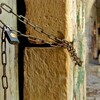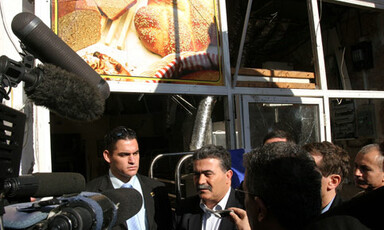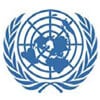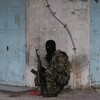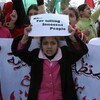
Civilians caught in the crossfire
30 January 2007
Palestinians in Gaza say they have been trapped in their homes as deadly fighting between rival Palestinian militia groups had taken over the streets. Residents are hopeful that a truce on Tuesday morning between Hamas and Fatah would bring some form of normality back to their lives. At least nine civilians, including three children, are believed to have been killed during battles between supporters of these two main Palestinian factions, which have claimed 32 lives since Thursday and left more than 110 wounded. Read more about Civilians caught in the crossfire

